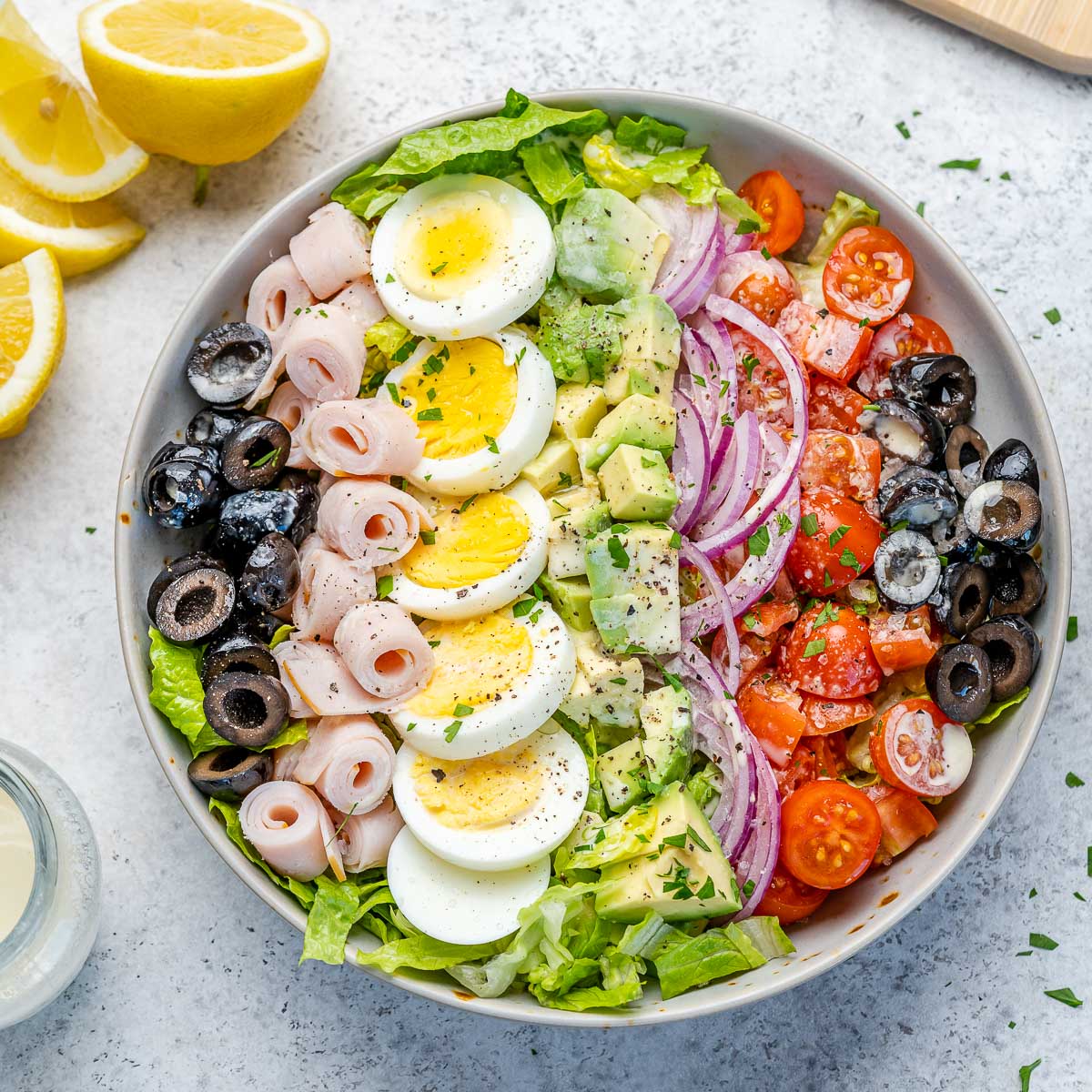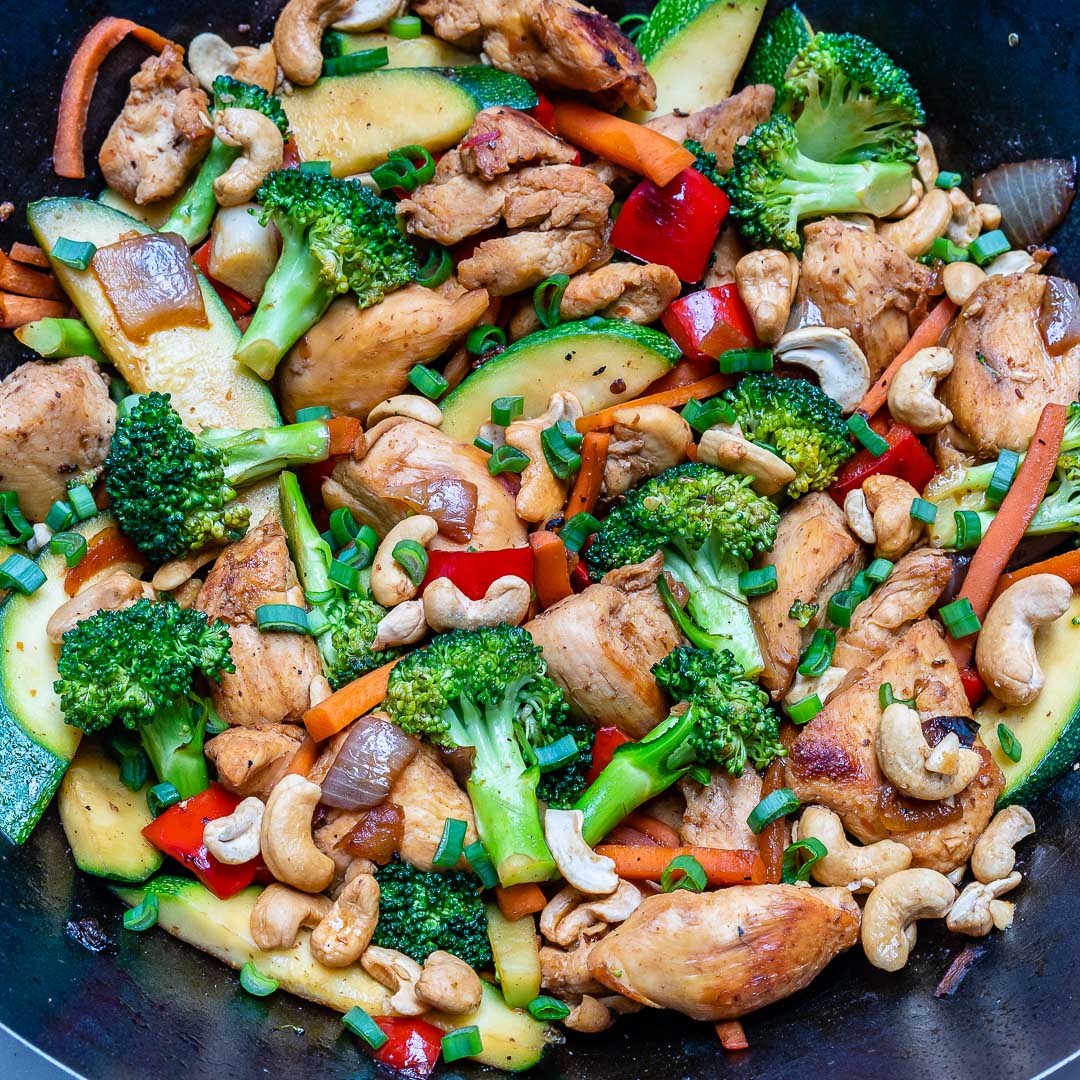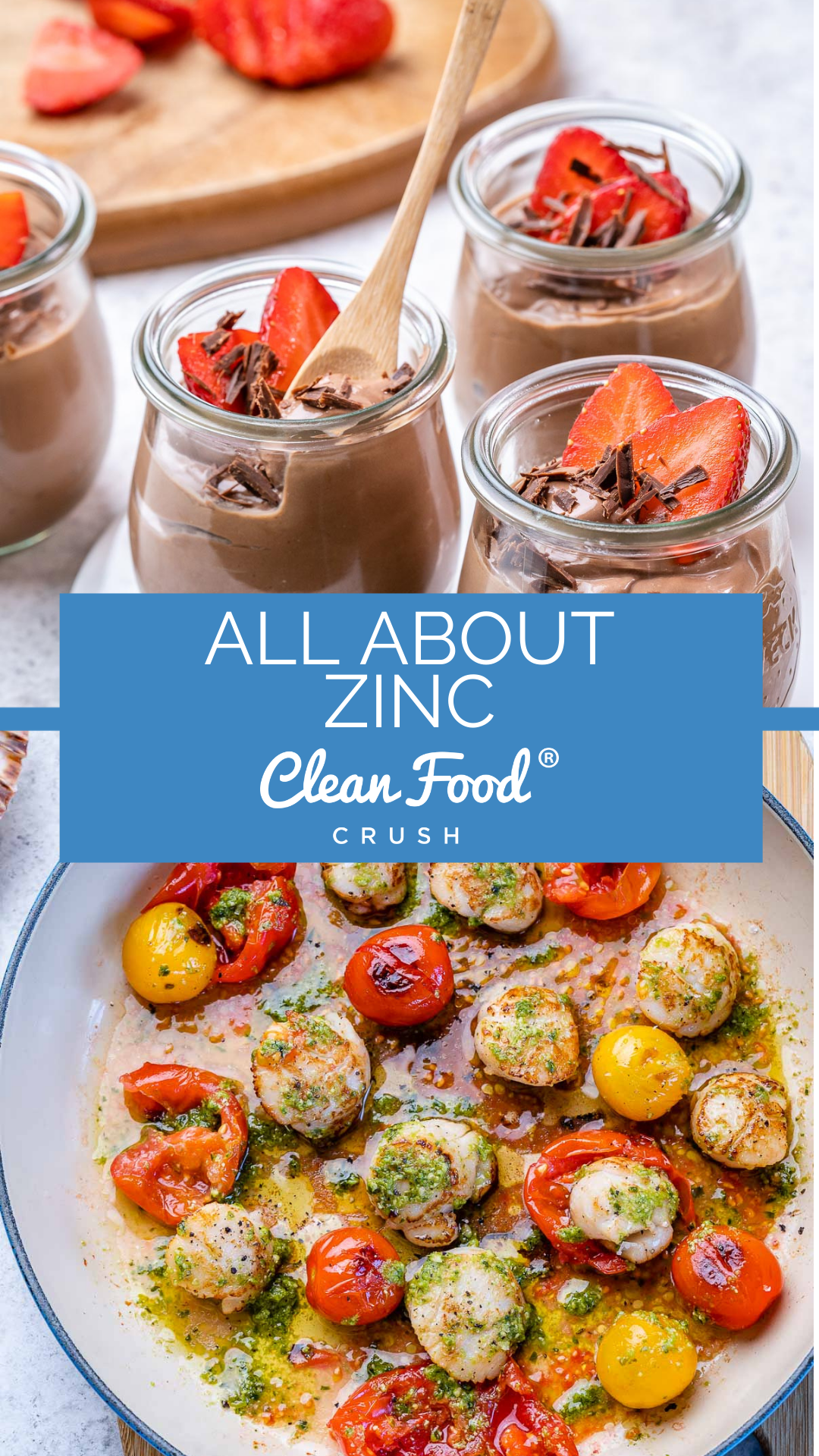

What Is Zinc and Why Is It Important?
You probably know that vitamins and minerals are essential for good health. Yet you might not be as familiar with specific nutrient types, including what they are and what they do for your body.
Zinc is a super important nutrient that is vital to good health. This post will explain what zinc does, how much you need, and ways to get it.
Zinc is an essential mineral found in a variety of foods. It is required for over 300 enzymes that run processes in your body.
Some Of Zinc’s Important Functions Include:
- Supports your immune system
Zinc is a key component of the immune system and can help reduce the risk, severity, and duration of infectious diseases. This is why it is often an ingredient in many cold and flu medicines and remedies. Research shows that even mild zinc deficiency may harm the immune system. Zinc also has antioxidant and anti-inflammatory properties, further supporting strong immunity.
- Required for wound healing
Because of its role in cell division, zinc is required for skin cells to divide and make new cells, which is needed when forming new skin after wounds. Zinc deficiency can delay wound healing and lead to skin conditions like dermatitis.
- Plays a role in your ability to taste and smell
Zinc can be used to treat taste disorders. Not having enough zinc can interfere with taste and smell and lead to loss of appetite.
- Supports normal growth and development
Zinc directly regulates the creation of new DNA, an essential component of all cells and life. Without zinc, normal growth and development would not occur. During pregnancy, zinc is needed in higher amounts to account for the developing child and plays a crucial role in normal development and brain function in childhood and adolescence. Zinc deficiency can lead to delayed or abnormal growth and development.
- Support blood sugar control
Zinc enhances the function of insulin, which serves to lower blood sugar levels. Many studies have shown that zinc can support proper blood sugar control and type 1 and type 2 diabetes.
How Much Zinc Do You Need?
The Recommended Daily Allowance (RDA) for Zinc is as follows:
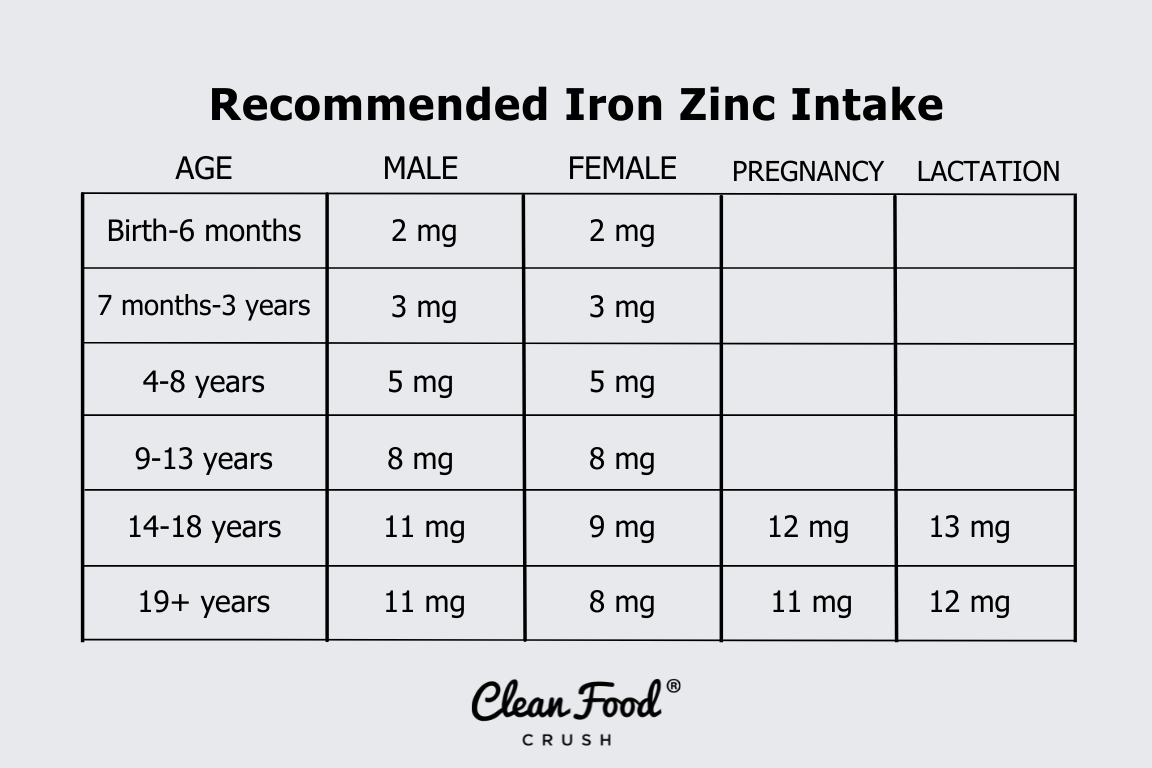
People at the most significant risk for zinc deficiency include those who are malnourished (or at high risk of becoming malnourished), children, people who are pregnant, and the elderly.
What foods contain zinc?
Many foods provide zinc, with oysters and other shellfish providing the greatest sources. Meat and poultry are the primary sources of zinc in most Americans’ diets.
Your body does not store zinc. Even though severe zinc deficiency is rare in the United States, it is important to eat enough each day to meet your daily requirements.
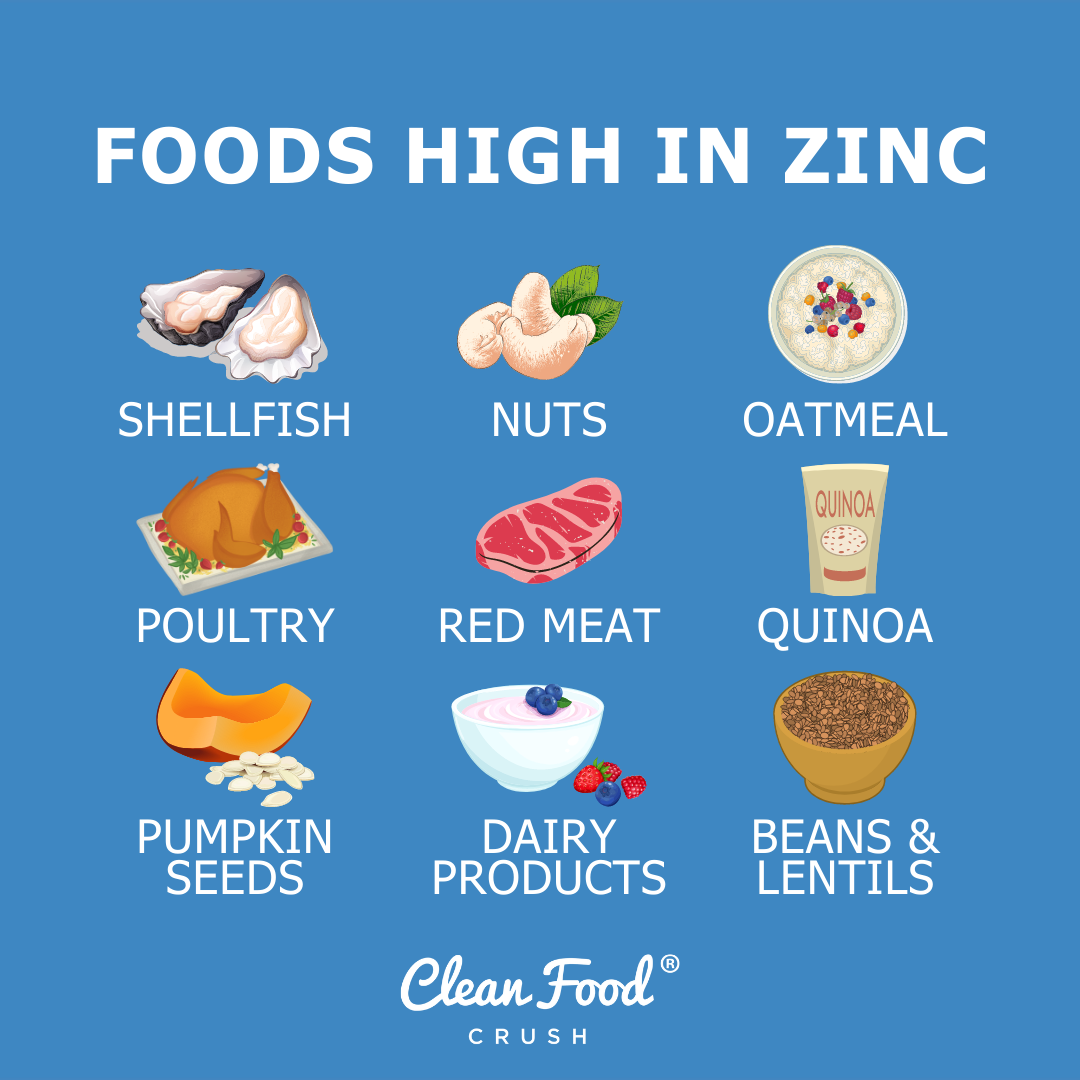
Good Food Sources of Zinc Include:
-
Shellfish like oysters, mussels, clams, scallops, and lobster
Our pesto seared scallop recipe is high in zinc!
-
Red Meat Like Beef and Pork
Try beef fried cauliflower rice or prosciutto-wrapped Caprese bites.
-
Poultry Like Chicken and Turkey
We have many delicious recipes, including these garlic herbed chicken bites and this super quick turkey salad.
-
Beans and Lentils
This sweet potato lentil soup is great for colder days!
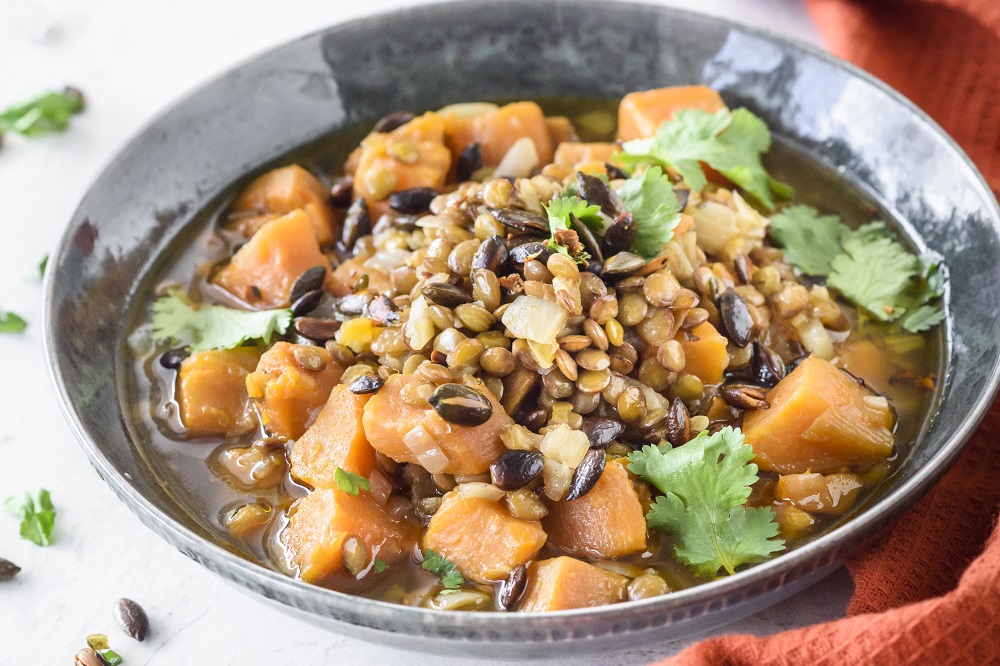
-
Pumpkin Seeds
For a simple guide to roasting pumpkin seeds, check out this post.
-
Cashews and other Nuts
Enjoy your cashews in a stir fry, soup, or delicious dessert.
-
Dairy Products Like Milk, Yogurt and Cheese
Peruse our many recipes containing yogurt to find your favorite!
-
Whole Grains like Oatmeal, Quinoa, and Whole-Wheat Products
We have many overnight oat recipes you may like, or you can try this pesto shrimp and quinoa salad.
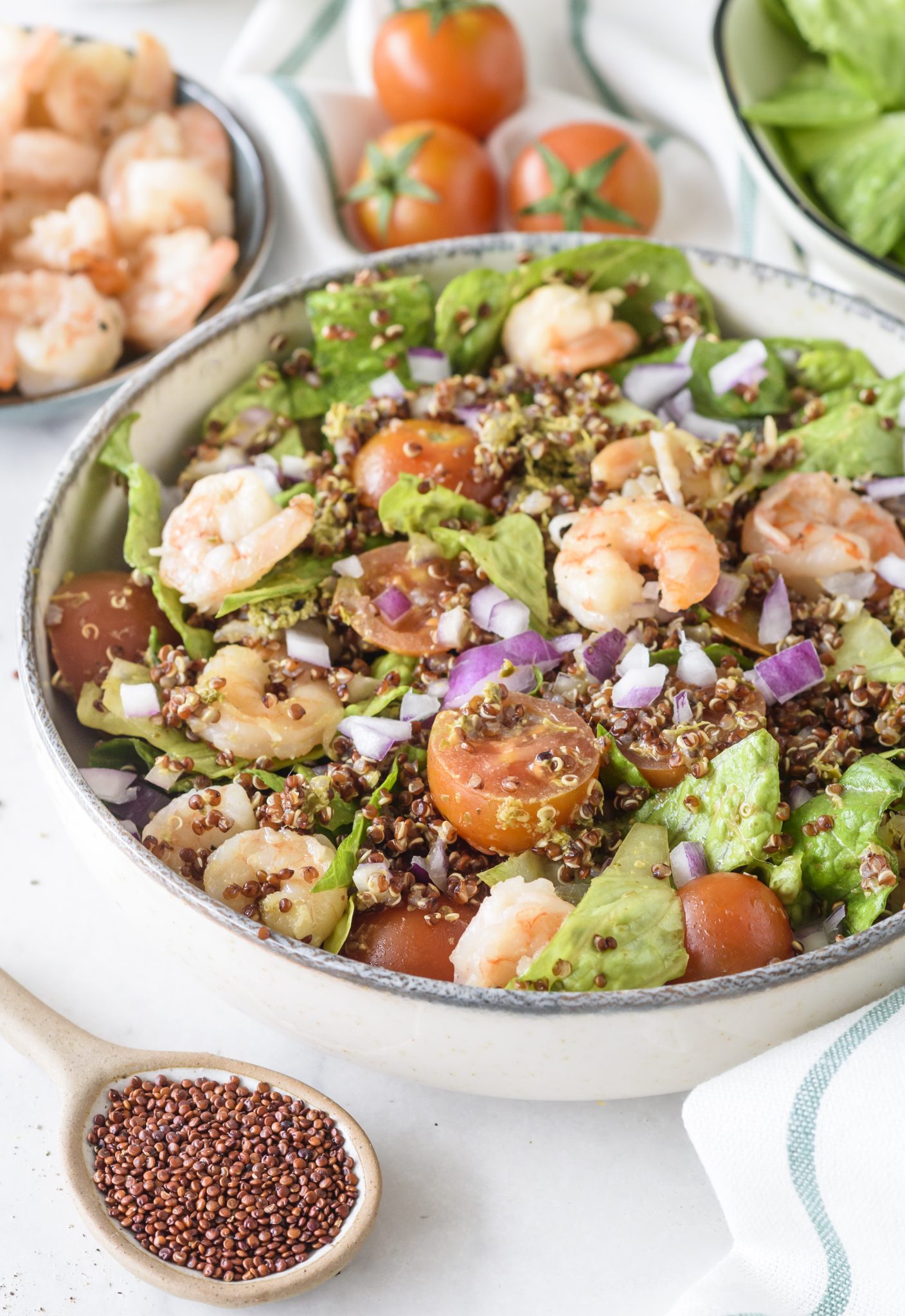
So whether you realize it or not, zinc is doing a lot for your body! Be sure to eat a wide variety of foods containing zinc to keep your body functioning at its best.










